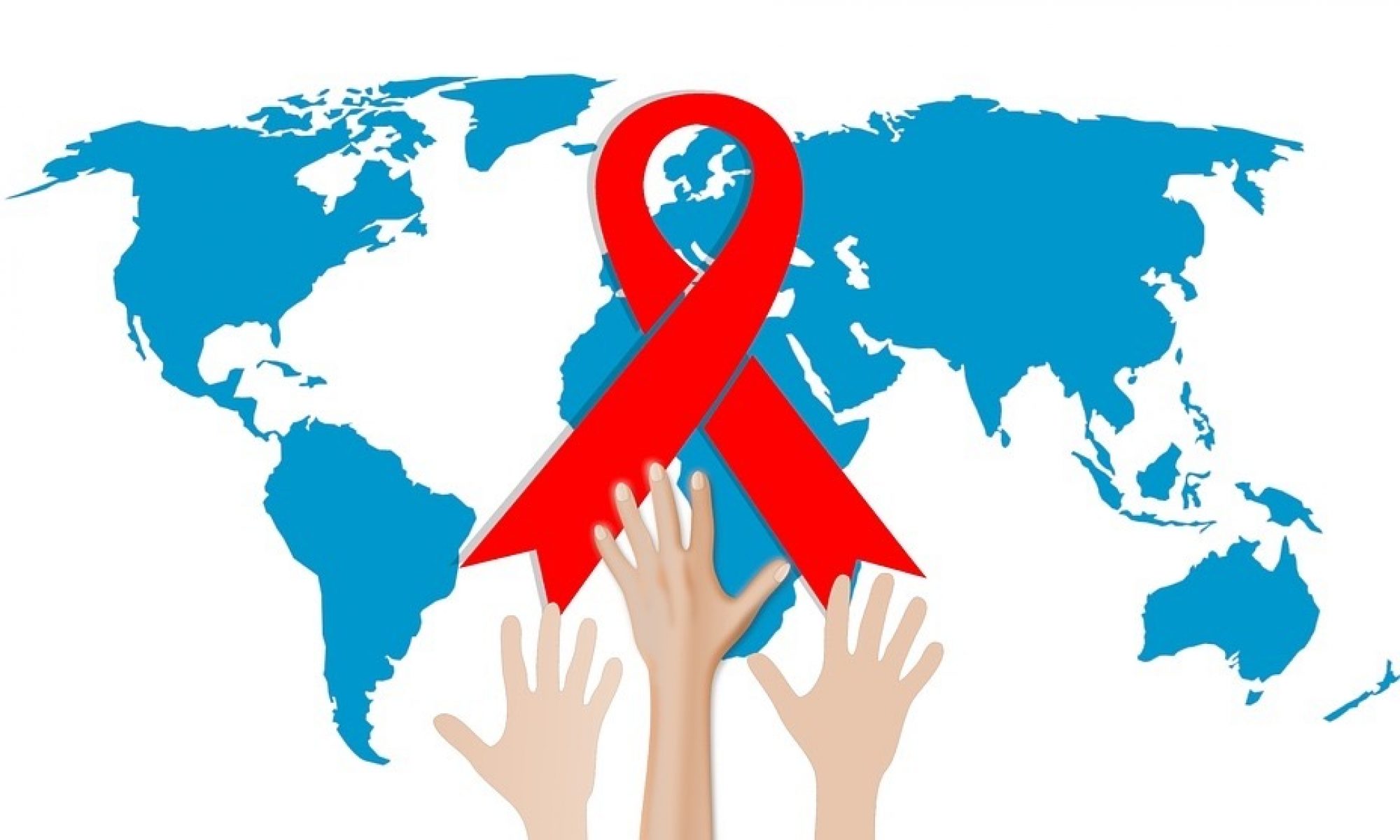Action Plan and Recommendations
Community Health Workers (CHWs) are key components in the HIV care continuum. Our research shows that they play an important role in helping patients access and navigate care by assisting them with transport, serving as advocates against stigma, and educating them about HIV. The appropriate regulation and professionalization of CHWs is one of our main concerns. Therefore, we make the following recommendations to the State and relevant entities:
I. Defining the scope of practice:
The scope of practice for CHW should be defined. This should be done in collaboration with experienced and new CHWs, patients, and public health experts. Similarly, the training and certification of CHWs working with specific diseases such as HIV need to be more specialized to ensure proper patient care. These CHWs could be properly compensated for their in-depth knowledge.
II. Making the work done by CHWs billable:
Community Health Workers perform a variety of tasks that can be made billable under Medicaid. These include patient transport, translation, community outreach, mental health support, and education. Therefore, the state should keep this in mind when defining the scope of practice for CHWs. Doing so will allow CHWs to have job security and will prevent the impingement of the CHW-patient relationship.
III. Raising Requirements, not Barriers:
The Department of Public Health should work closely with CHWs and patients to create a curriculum. The curriculum for training should include the tangible and intangible requirements of a competent CHW. The training program should place an emphasis on the CHW’s connection to the community, empathy and sensitivity, and cultural competence. The training could be done at the community college level and be at a reasonable price to prevent the creation of financial and educational impediments. Programs such as SNAP-ED and other forms of federally funded adult education can be mimicked to create a standardized training program for CHWs. Similarly, individuals eligible for grandfathering should be evaluated on these attributes. The CHWs interviewed alluded to instances of stigma and discrimination against patients within their own profession. It is imperative that we ensure appropriate patient care through continuous training and evaluation.
IV. Funding Certification
Employers should pay for the certification of current CHWs with the help of the state and private insurers. This should be done to ensure that no CHW is left behind due to the lack of funding. Further studies should be conducted to create a business model for the billing of tasks performed by CHWs by private insurers.
